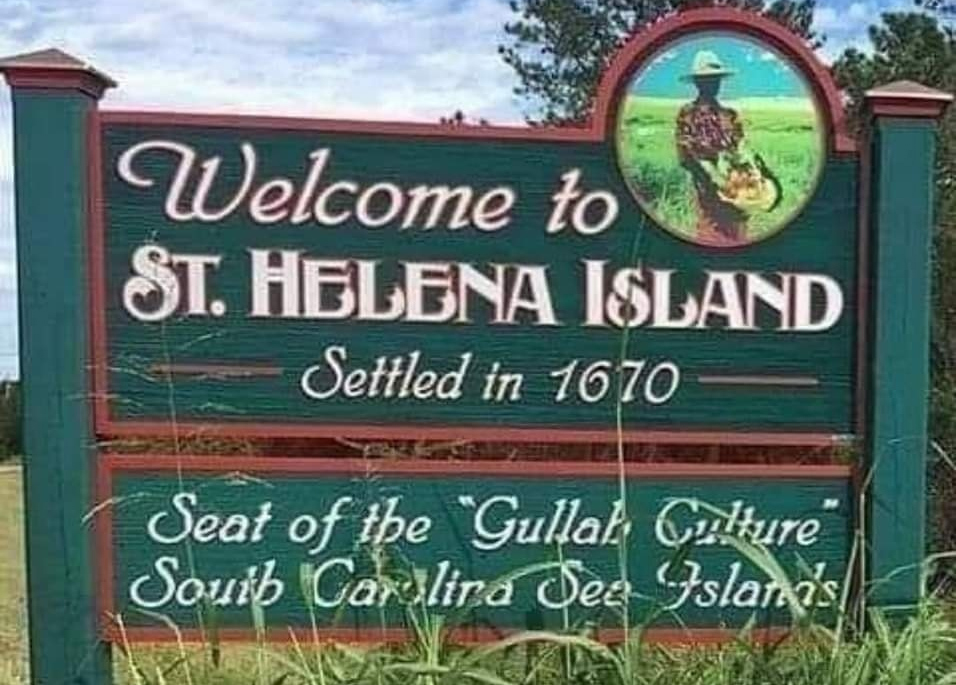By Ms. Jheri Worldwide
Staff Writer
In the heart of the American South, a quiet but urgent battle is unfolding. Historic Black towns, many founded by formerly enslaved people seeking autonomy and community, are facing an existential threat from aggressive real estate development. These communities, rich in history and cultural significance, are being targeted for their valuable land, a process that risks erasing not only homes but centuries of heritage.
The threats are multifaceted, ranging from legal loopholes to economic pressures. The St. Helena Island community in South Carolina, a historic Gullah/Geechee enclave, offers a stark example. The "Protect St. Helena" movement is fighting a proposal for a private, gated golf resort on land protected by a "Cultural Protective Overlay" (CPO) since 1999. Developers have a documented history of using such projects to displace Gullah/Geechee families, who are often forced out by rising property taxes that accompany high-end development. The push to "carve out" land from the CPO sets a dangerous precedent, undermining decades of community-led planning.
This pattern of displacement is a common thread in the stories of these towns. The Carolinian has covered in depth an incorporated town in Moore County, North Carolina, the historically Black town named Taylortown has faced similar challenges. Founded in 1905 by Demus Taylor, a formerly enslaved person, to house the Black workforce of the nearby wealthy community of Pinehurst, Taylortown has long fought for its survival. Over the years, the town has faced legal battles against annexation and land seizures. Today, residents work to preserve their history through a local museum and by collecting artifacts and memories.
The struggle is not just about land, but about preserving a way of life. High-end resorts and gated communities often block access to traditional fishing and hunting grounds, disrupt family land ownership, and erode cultural identity. Many of these communities are also fighting a climate paradox, as strong demand for coastal property, even with the risk of rising waters, further fuels development that relies on measures like land elevation and seawalls that can harm the local ecosystem.
The challenges are compounded by legal and administrative loopholes, in the case of St. Helena, a former county administrator initiated a text amendment to the CPO that could have exposed thousands of acres to resort-style development, circumventing public input.
For residents, the fight is a personal one. It is a commitment to safeguarding their unique identity and history against forces that prioritize financial gain over cultural preservation. We must continue to amplify their voices and shed light on these struggles, ensuring that these historic Black towns and the people who built them are not forgotten.

